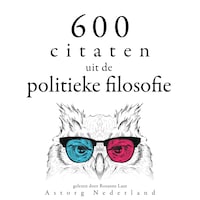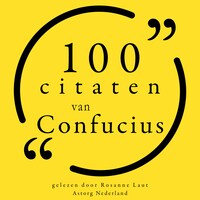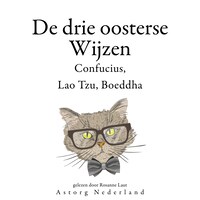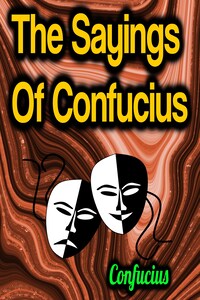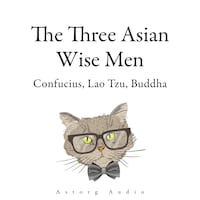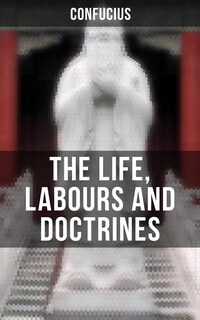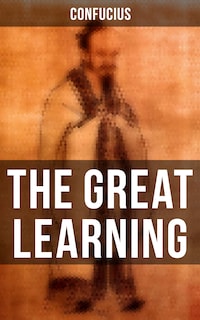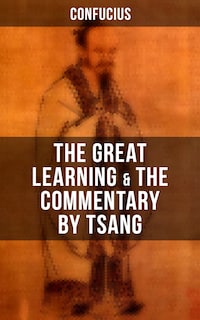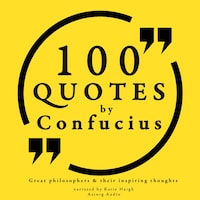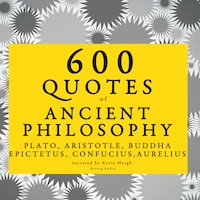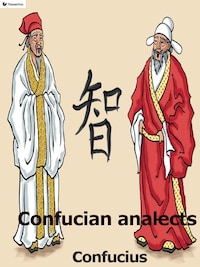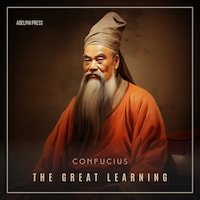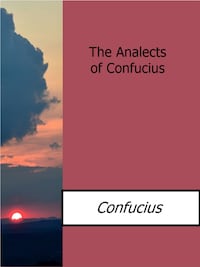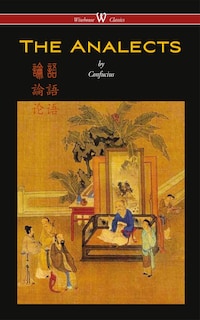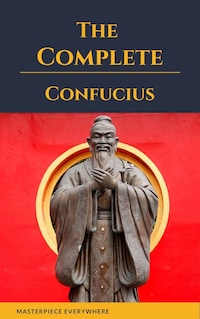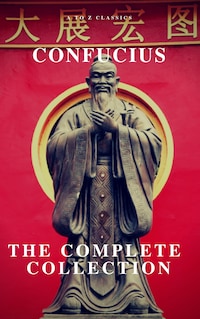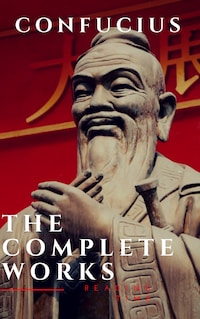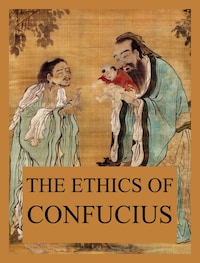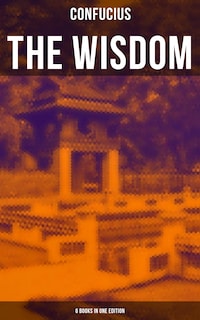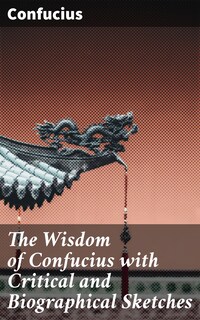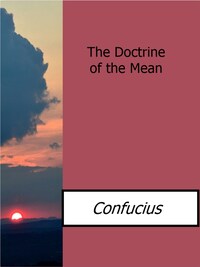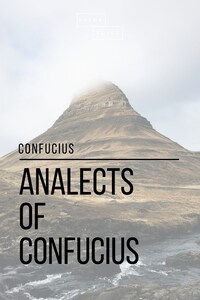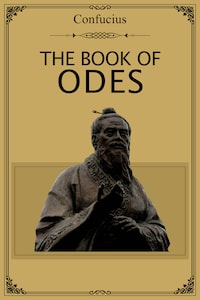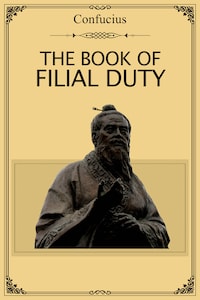Shu King
The Book of Documents
Om bogen
The "Shu King," also known as the "Book of Documents," is a foundational text in Chinese literature and philosophy, embodying the moral and ethical teachings of Confucius. Written in a concise and formal style, it presents a collection of historical documents that reflect the political and social values of early Chinese civilization. Through its archaic language and rich allegorical narratives, the "Shu King" invites readers to reflect on virtue, governance, and the responsibilities of leadership, making it a vital work in understanding the evolution of Confucian thought and its impact on the moral fabric of Chinese society. Confucius, a philosopher born in 551 BCE, dedicated his life to the pursuit of wisdom and the cultivation of virtue. His experiences in a society rife with political turbulence and moral decay inspired him to articulate a vision for a harmonious society governed by ethical principles. The "Shu King" emerged from his belief in the importance of historical precedent and moral lessons as guides for contemporary governance, revealing the interplay between history, philosophy, and culture in his thought. This text is highly recommended for readers interested in the foundations of Eastern philosophy and political theory. As both a historical treasure and a philosophical treatise, the "Shu King" provides profound insights into the human condition and serves as a timeless guide for ethical leadership and responsible governance.
 Confucius
Confucius 313 Sider
313 SiderBogen Shu King og over 1 million andre bøger
fra 59 kr./måned
Fyld dit liv med historier!







